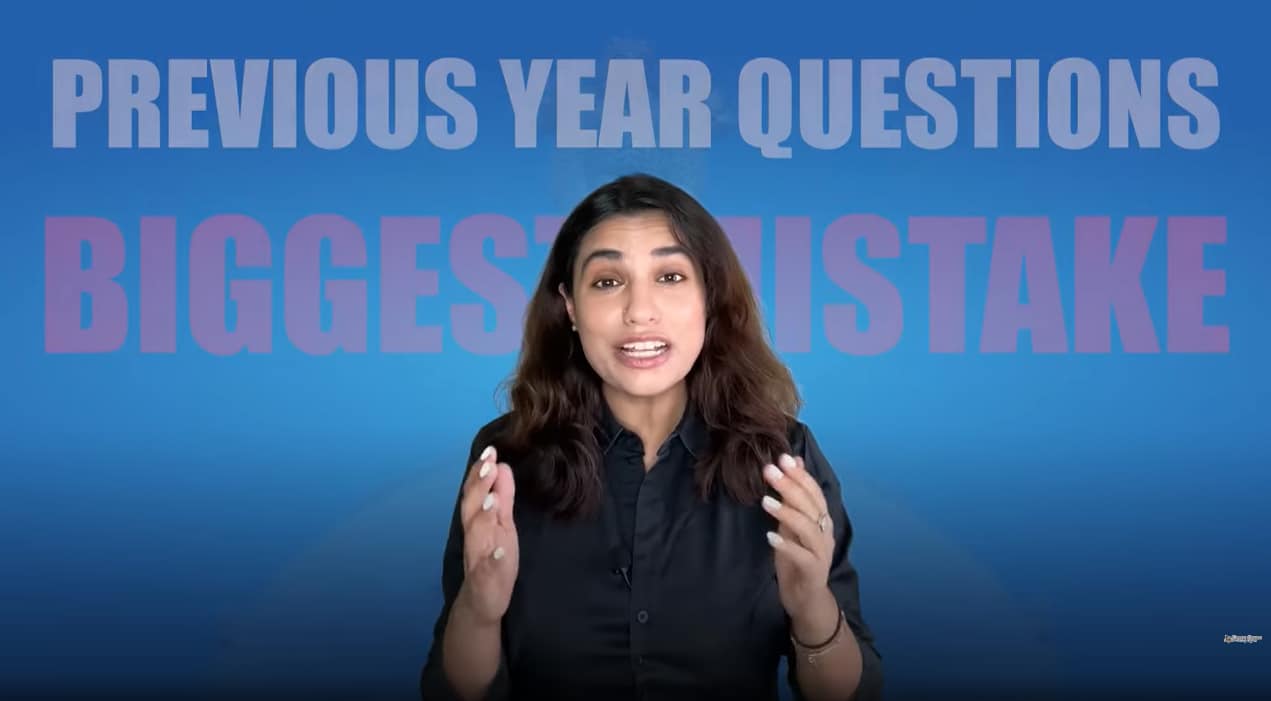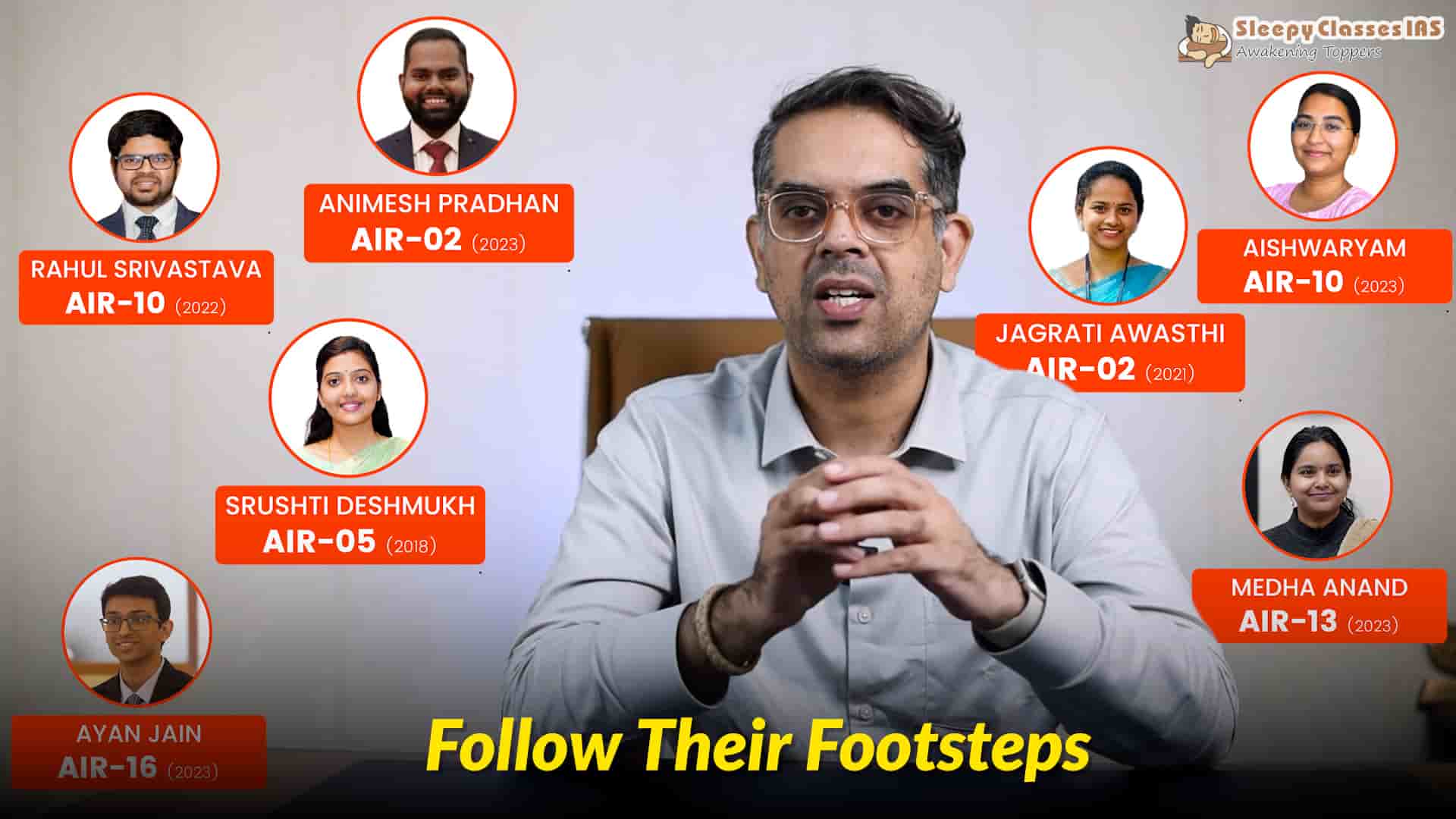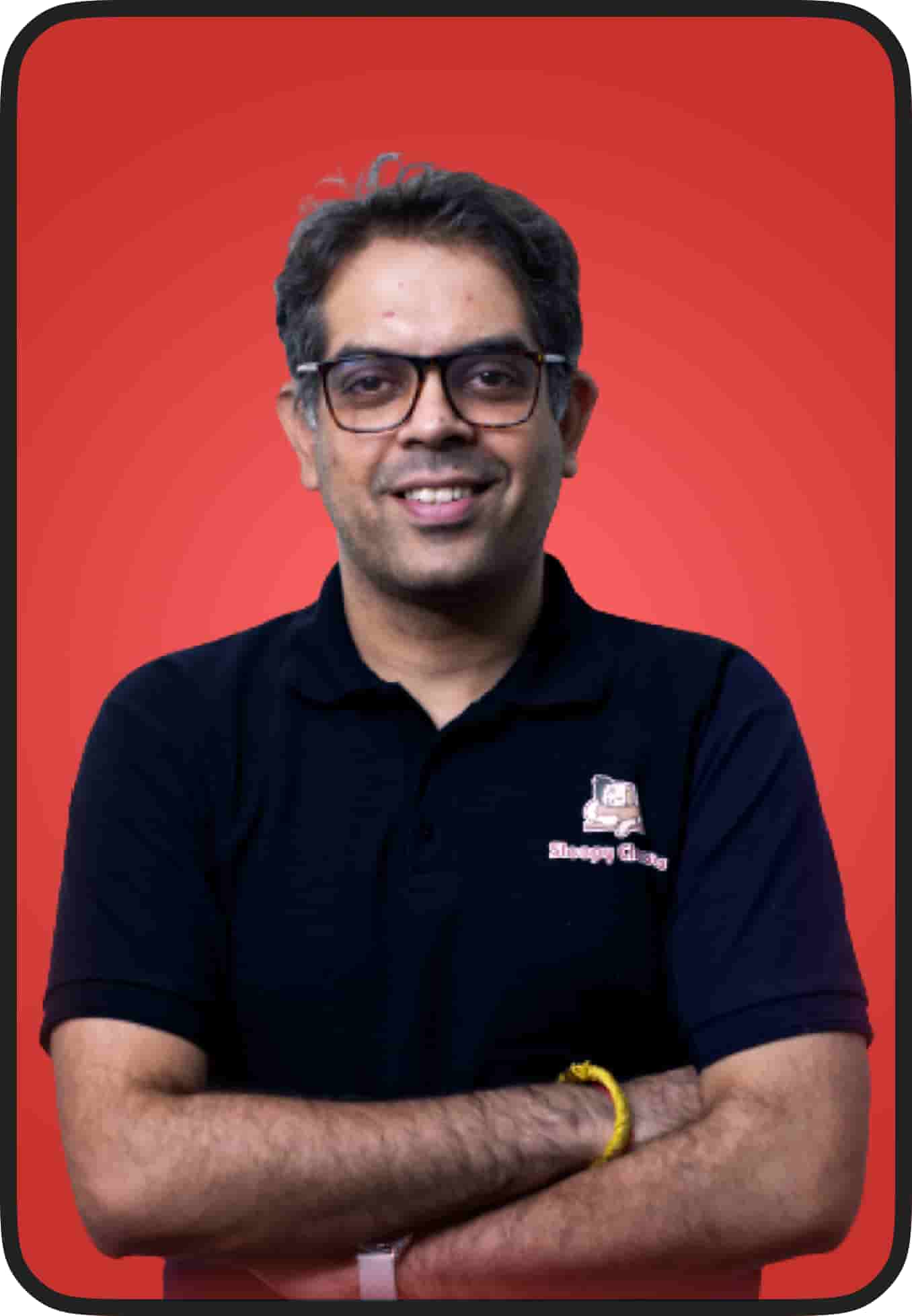Let’s Figure Out Which of Our GS Mains Coaching Programs is your Perfect Tool for Preparation:
➔ GS CRASH COURSE + TEST SERIES FOR UPSC MAINS 2024 – SPECIAL PRIORITY GROUP:
Our LIVE GS Mains Crash Course Special Priority Group Program helps achieve 360-Degree Coverage of Important Topics. You’ll Participate in Mains Orientation Sessions, Precise Content Discussions, and get continuous Mentorship by Selected Candidates. Engage in Theme-Wise Framework Discussions, Relevant Current Affairs Coverage, and Topic Interlinkages.
Receive Class Handouts for Content Enrichment, Join our Telegram Group, and benefit from the Essay and Ethics Masterclasses, and get exclusive Social Issues Lectures by Shekhar Dutt.Enjoy the benefit of LIVE Mentorship Sessions. This Comprehensive Program includes a Test Series with Time-Bound Evaluation, Mentoring Sessions, LIVE Score Improvement Guidelines, Model Answers, and Fortnightly Performance Monitoring Interactions.
Now you can also get our GS Mains SPG Crash + Test Series as a combo with our best Essay Mentorship Test Series – SOORMA!
➔ GS CRASH COURSE FOR UPSC MAINS 2024 – SPECIAL PRIORITY GROUP:
The Program helps you gain Complete Coverage of Essential Topics with our LIVE Mains Crash Course. Participate in Mains Orientation Sessions, engaging Precise Content Discussions, and Theme-Wise Framework Discussions. Stay updated always, with Relevant Current Affairs Coverage, Topic Interlinkages, and Class Handouts for Efficient Revision. Join the Dedicated Telegram Group and enhance your preparation with Essay and Ethics Masterclasses, Social Issues Lectures by Shekhar Dutt, and LIVE Mentorship Sessions.
➔ GS TEST SERIES FOR UPSC MAINS 2024 – SPECIAL PRIORITY GROUP:
Our Program will enhance the quality of your answers, with Time-Bound Evaluation and Feedback on Your Answers. This Test Series includes Mentoring Sessions by Selected Candidates, LIVE Sessions for Score Improvement Guidelines, and Model Answers Curated By Senior Subject Matter Experts. Track your progress consistently with Fortnightly Performance Monitoring Interactions.
➔ GS PYQS FOR UPSC MAINS 2024:
This Program will get you to Master the Art of Writing Perfect Answers with our Comprehensive Videos Covering PYQs from 2013 to 2023. We also include Theme-Wise Framework Discussions in the program, and Training to Frame Answers using Multiple Dimensions. Benefit from Mentorship by Selected Candidates and Detailed PDFs of Model Answers.
➔ GS INDIVIDUAL CRASH COURSES FOR UPSC MAINS 2024:
Each course dives deep into a specific GS Paper (GS1, GS2, GS3, or GS4) with LIVE lectures that provide absolute conceptual clarity. We’ll break down key concepts clearly, connect current events to the syllabus, and show you how different topics link together.
Plus, you’ll get handy class notes for revision and a dedicated Telegram group to chat with fellow aspirants. We’ve got bonus masterclasses on Essay & Ethics for you, along with Social Issues Lectures by our expert faculty – Shekhar Dutt. Reap the benefits of One-on-One Sessions for Answer Enrichment, providing you personalised guidance & feedback on your answer writing skills.
➔ LIVE 50 DAYS INTENSIVE ANSWER WRITING PROGRAM FOR UPSC MAINS 2025:
Kickstart your UPSC preparation with our Intensive Answer Writing Program. With 100 questions, two per day, get 25 expertly crafted questions per GS paper, detailed evaluations & feedback, with live doubt clearing sessions and high quality model answers with examples, case studies and relevant information. Keeping you updated with trends and current events.






